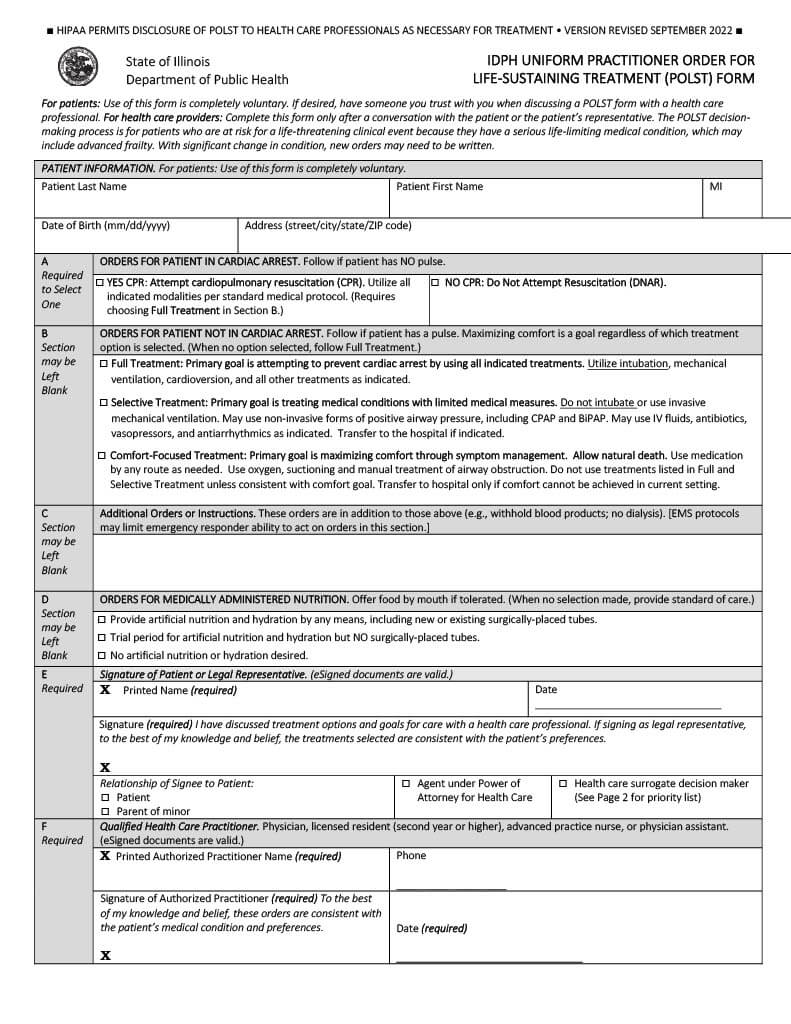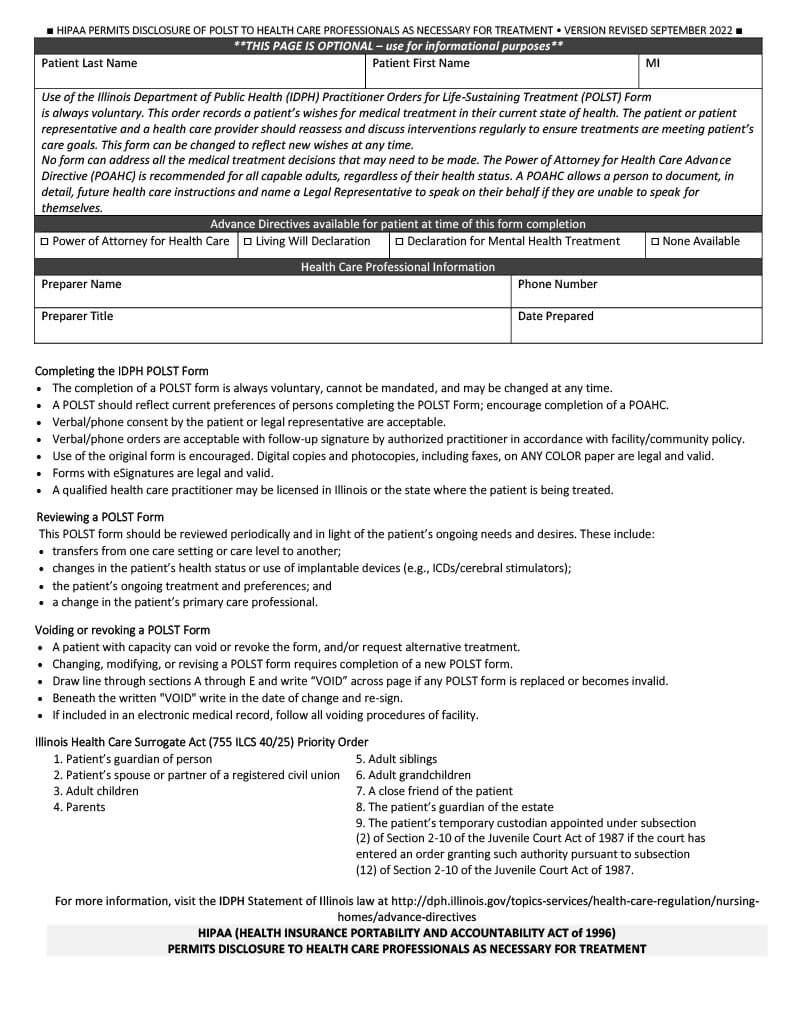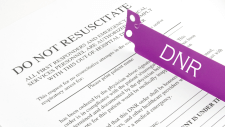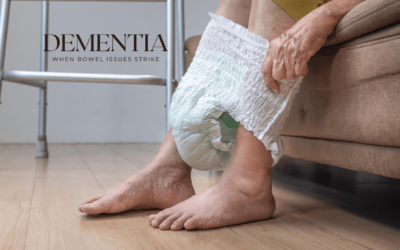The fear of Dementia in anyone over 50 is real.
It is something most of us worry about each time we forget where we placed our keys or can’t remember someone’s name. Did you know that studies predict Dementia cases will triple by 2050? Globally, about 153 million people will probably have Dementia by 2050. This is terrifying! For this reason, we must discuss future planning, especially Dementia Legal for Healthcare Planning.
Because Dementia is often not diagnosed until the person is already in the middle stage of the disease, it is crucial to begin your Dementia Legal Planning as soon as possible when Dementia is suspected or before.
Your Dementia legal plan will address two separate legal areas. These areas are the financial and healthcare legal issues. The person with Dementia should complete their financial and healthcare plans as soon as possible while their memory remains intact. This article will review the types of healthcare planning known as Advanced Directives.

What is Dementia Legal for Healthcare ?
An Advanced Directive is simply a form that tells your doctor and your family what kind of care you would like to have if you cannot make medical decisions (if you are in a coma or no longer of sound mind, for example). Advanced Directives are completed before you need them.
There are several types of Advanced Directives. Here are the most common types of Advanced Directives.

HEALTHCARE POWER OF ATTORNEY
A Healthcare Power of Attorney (HCPOA) designates a person, sometimes called an agent or proxy, to make healthcare decisions when the person with Alzheimer’s disease can no longer do so.
You will need to choose a substitute decision-maker.

LIVING WILL
A Living Will, also called a directive to physicians or advance directive, is a document that lets people state their wishes for end-of-life medical care in case they cannot communicate their decisions.
A Living Will can bring peace of mind because it explains what kind of medical care you want to receive when you cannot speak for yourself.
The difference between an HCPOA and a living will is that the living will state your wishes, and the HCPOA gives someone the authority to make medical decisions.
Keep in mind that no matter what choices you have written on paper, your Health Care Proxy can override any decision and make choices without regard to any other family member, friend, or medical provider’s opinion.
So choose wisely when you are making this choice. Make sure they know what is important to you and the care you want.

Dementia Guardianship
Guardianship is obtained through a court proceeding and granted by a judge. For example, suppose the person with Dementia has not completed the paperwork before they can no longer sign documents legally. In that case, they will need to go to court, and a judge will determine if they are no longer competent. The judge also will decide if the person wanting to be a guardian is an appropriate choice.
Guardianship is often an emergency action due to financial or health safety concerns. For example, a parent who lives alone may be refusing assistance or care, and it is becoming dangerous for them to live alone, but they will not cooperate with moving.
Often people with Dementia end up in the hospital and do not have a healthcare surrogate assigned. As a result, they may end up in the guardianship process, especially if the person is no longer safe to go home and needs to go to a nursing home. In cases where a family member or friend is unwilling to become a guardian, the court will appoint a state guardian.
This is why it is essential to have the paperwork completed as soon as possible after Dementia is suspected.
Guardianship is similar to being a parent, and they can make all healthcare and financial decisions. However, it is a process and requires a physician and the court to determine they are no longer competent.
Depriving an adult of their rights is no small thing, so the court proceedings ensure guardianship is truly necessary.
If you are in a position where you may need to initiate guardianship proceedings, you should consult with an elder attorney. Here is a link to the National Academy of Elder Law Attorneys – FIND A LAWYER

DEMENTIA DIRECTIVE
I recently discovered the Dementia Directive. It was written by a doctor and is a Dementia specific living will. It simply guides others to how much medical care they would want if they had Dementia or another type of Dementia. It is clear and easy to use. It even breaks it down to your wishes during the different stages of the disease. You simply download and print the forms, review them with your loved one and sign them. I recommend you both complete these forms so your wishes are known also. I have seen many caregivers taking care of both parents with Dementia!
For many people, what they want to be done during early Dementia is different from what they want in the later stage. HERE is the website with more information and the form.

POLST/DNR
A Physician’s Order for Life-Sustaining Treatment is a Directive that guides a medical team in a life-threatening situation or at the end of life. They usually address the medical interventions which may be needed. Such as:
CPR ( cardiopulmonary resuscitation) is the emergency treatment used when someone does not have a heartbeat or has stopped breathing. Includes chest compressions and artificial air pushed into their lungs. Death can happen in minutes without treatment.

Mechanical ventilation (a machine to breathe for you) is a type of life support. A mechanical ventilator is a machine that takes over the work of breathing when a person cannot breathe enough on their own. The mechanical ventilator is also called a ventilator, respirator, or breathing machine.

Artificial nutrition delivers nutrition to someone instead of them eating food because they may not be able to chew or swallow. So instead, the nutrition is provided through a tube in their nose, stomach, or IV.
You also must understand that in many situations, without a POLST form, emergency personnel must provide every possible treatment to help keep you alive.
These forms vary from state to state. You can find this form online or get it through your care provider. It requires a signature from your physician, so you will need to review your wishes with them.
Once it is signed, you will need to keep a copy, your physician will keep a copy, and the hospitals you go to will want a copy.You will need to keep a copy in your house that is easy to get. Most states require the form to accompany patients in an ambulance if they are a Do Not Resuscitate. I recommend it be kept in a notebook with other Dementia Health related documents such as the Caregiver Notebook.
POLST FORM For Dementia legal Healthcare Planning



Understanding DNR
When I talk to patients about this decision, I usually ask them, “if I were to walk into this room and find you without a heartbeat, would you want me to try to restart your heart?” If the answer is yes, they are a “full resuscitate,” and if the answer is no, they are a “Do Not Resuscitate.” In the medical world, a “Do Not Resuscitate” is called a “DNR.” It simply means we let nature take its course.
Having the End of Life Discussion
I recommend discussing Advanced Directives with your loved one as soon as possible, especially if they are in the early to middle stage. If this is the first time you have discussed this, it may be a little awkward but believe me; you will be glad you did.
I am a nurse, and I have had this conversation many times. We all have our own thoughts on this matter. However, only some ensure that someone knows their wishes.
Unfortunately, this conversation often does not occur when the person can still make their wishes known. So ask yourself these questions. What are your thoughts on end-of-life care?
Do you want everything possible done?
Do you want to be kept alive on a breathing machine or fed through a feeding tube into your stomach?
Do you know the wishes of your loved one?
What is more important to them, the quantity of life or quality of life?
Conclusion
Hopefully, you now understand Advanced Directives better and know the difference between a Living Will, HCPOA, Guardianship, POLST, and DNR. Your Dementia legal planning should include these advanced Directive forms.
Please have this conversation early and complete the paperwork while the person is in the early stages and can make their own decisions! It will save you a lot of stress later down the road, and you will be able to make the correct decisions when the time comes.









0 Comments